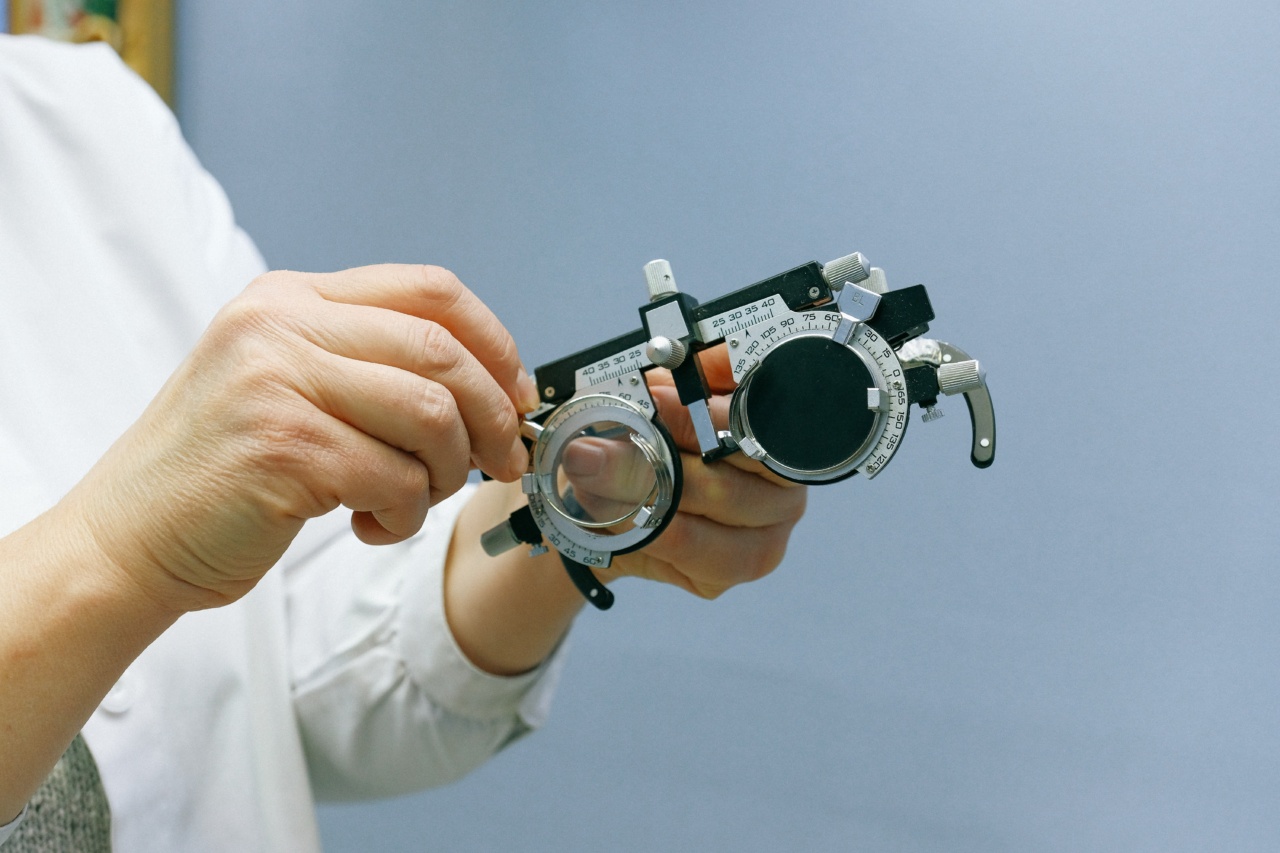Compulsive-Compulsive Disorder (CCD) is a relatively unknown condition that affects a small but significant portion of the population.
Often misunderstood and misdiagnosed, CCD can have a detrimental impact on a person’s daily life and overall well-being. This article aims to shed light on CCD and provide a comprehensive test that can help identify the disorder.
What is Compulsive-Compulsive Disorder?
Compulsive-Compulsive Disorder, commonly known as CCD, is a psychological condition characterized by the presence of both obsessions and compulsions.
Unlike other similar disorders like OCD (Obsessive-Compulsive Disorder), CCD involves a pattern of double-checking, repeating actions, or seeking reassurance.
Individuals with CCD often find themselves trapped in a vicious cycle of obsession and compulsion. They feel compelled to engage in certain behaviors repeatedly to alleviate anxiety or the fear of potential negative consequences.
Symptoms of Compulsive-Compulsive Disorder
Recognizing the symptoms of CCD is crucial in order to seek appropriate help and support. Here are some common symptoms associated with Compulsive-Compulsive Disorder:.
- Double-Checking: CCD individuals have an incessant need to double-check various activities, such as locking doors, turning off appliances, or confirming their own actions.
- Repeating Actions: They often repeat tasks or routines multiple times in order to gain a sense of control or to prevent imagined negative outcomes.
- Seeking Reassurance: Individuals with CCD constantly seek reassurance from others, needing constant validation and affirmation for their actions and decisions.
- Inability to Make Decisions: CCD sufferers struggle with decision-making, as they become overwhelmed by the fear of making the wrong choice.
- Anxiety and Fear: Those with CCD experience high levels of anxiety and fear, often related to potential harm or negative consequences.
- Impaired Functioning: The symptoms of CCD can significantly impair an individual’s ability to function in daily life, affecting relationships, work, and overall productivity.
- Emotional Distress: CCD often causes emotional distress, leading to feelings of frustration, guilt, and shame.
- Ritualistic Behaviors: Individuals with CCD develop ritualistic behaviors as a response to their obsessions and the need to alleviate anxiety. These behaviors may involve counting, arranging objects, or touching things in a particular order.
CCD Test: Do I Have Compulsive-Compulsive Disorder?
If you suspect you may have Compulsive-Compulsive Disorder (CCD), it is important to consider seeking professional help for an accurate diagnosis.
This test is not a replacement for a proper diagnosis but can provide initial insights into your condition.
-
Do you frequently find yourself double-checking things, even if you know they are done correctly?.
- a) Yes, almost all the time
- b) Sometimes, but not often
- c) Rarely or never
-
Do you feel an urge to repeat actions or behaviors multiple times before you feel comfortable?.
- a) Yes, regularly
- b) Occasionally
- c) Rarely or never
-
Do you often seek reassurance and validation from others before making decisions?.
- a) Always, it’s essential for me
- b) Sometimes, but I try to minimize it
- c) Rarely or never
-
Do you frequently fear making the wrong decision and become anxious as a result?.
- a) Yes, it happens to me all the time
- b) Occasionally, but not too often
- c) Rarely or never
-
Do you find yourself engaging in ritualistic behaviors to alleviate anxiety?.
- a) Yes, on a daily basis
- b) Occasionally, when I’m highly stressed
- c) Rarely or never
Interpreting Your Results
Now that you’ve completed the CCD test, it’s time to interpret your results. Assign the following scores to your responses:.
- a) Yes, almost all the time – 3 points
- b) Sometimes, but not often – 2 points
- c) Rarely or never – 1 point
Now, sum up your total score:.
- 10-15: Low likelihood of Compulsive-Compulsive Disorder
- 16-22: Moderate likelihood of Compulsive-Compulsive Disorder
- 23-30: High likelihood of Compulsive-Compulsive Disorder
Seeking Professional Help
If your results indicate a moderate to high likelihood of Compulsive-Compulsive Disorder (CCD), it is important to consult with a mental health professional for confirmation and appropriate treatment options.
A trained therapist or psychiatrist will be able to provide a proper diagnosis and develop a treatment plan tailored to your specific needs.
Remember, only a qualified healthcare provider can diagnose you with CCD or any other mental health condition. Self-diagnosis is not recommended, but the test above can serve as an initial indicator to seek professional help.
Conclusion
Compulsive-Compulsive Disorder (CCD) is a lesser-known but significant psychological condition that can significantly impact an individual’s life.
If you suspect you may have CCD, it is crucial to seek professional help for an accurate diagnosis and appropriate treatment.
By understanding the symptoms and taking self-assessments, such as the one provided in this article, you can gain valuable insights into your condition. Remember, seeking help is the first step towards living a more fulfilling and empowered life.





























